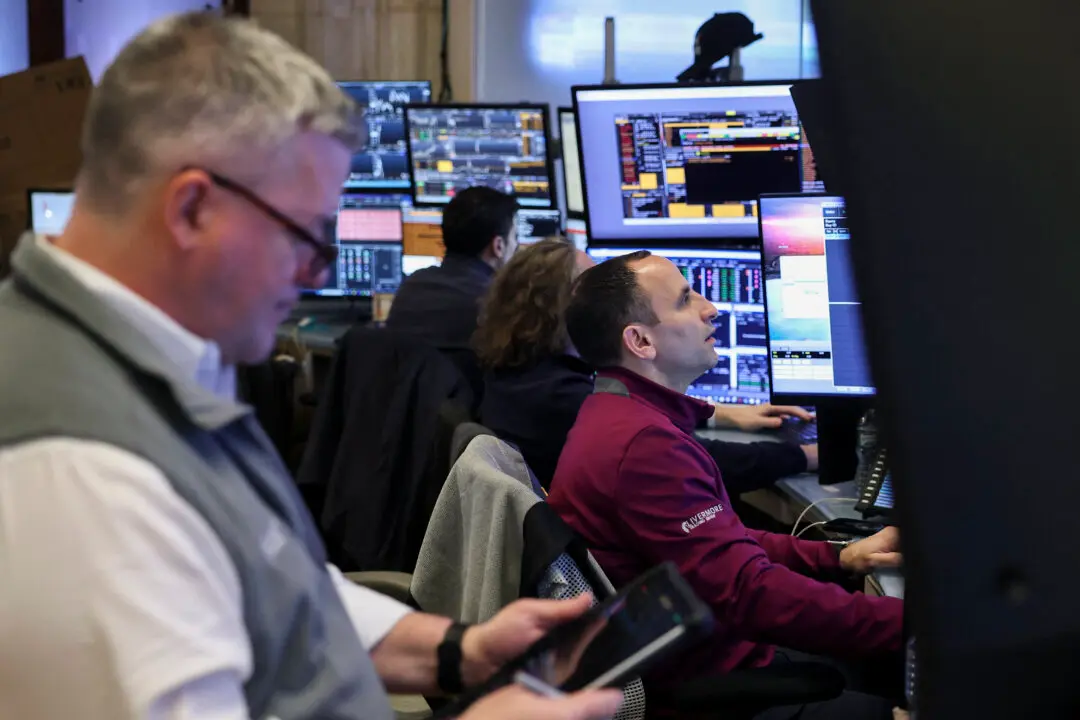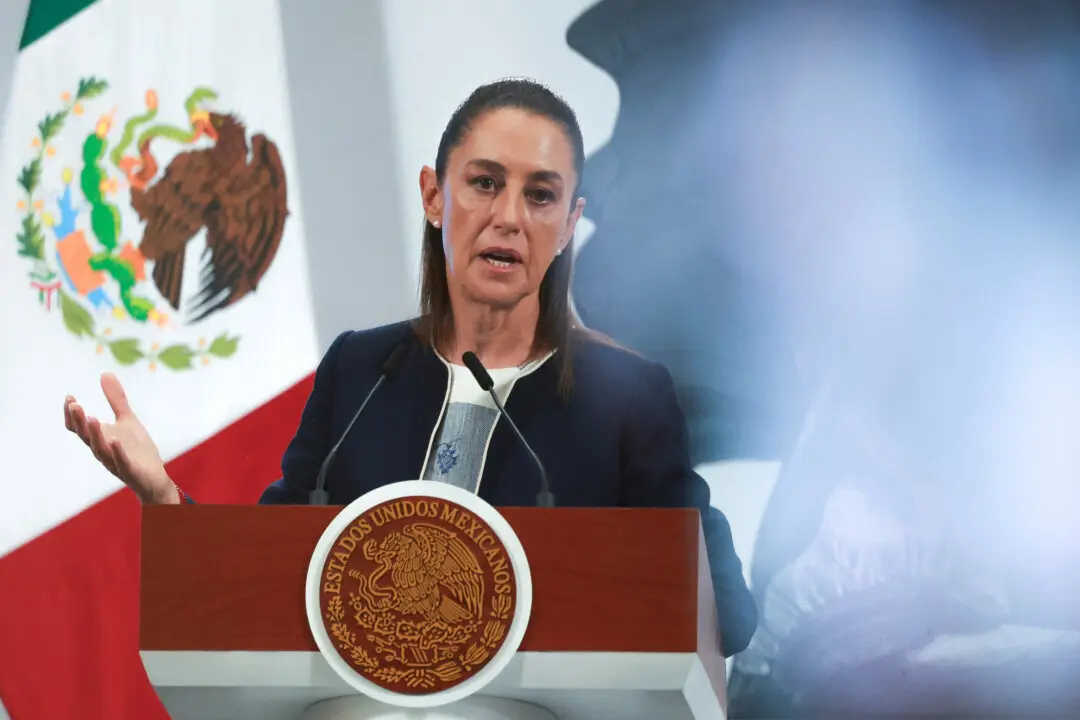White House economic adviser Larry Kudlow firmly opposes the idea of a hard lockdown to suppress another COVID-19 surge, telling Fox Business in an Aug. 4 interview that the health and economic toll on Americans would be “enormous.”
Kudlow said he doesn’t think any form of lockdown is a good idea, and people should instead rely on precautions such as social distancing, mask-wearing, and sanitizing to stem the outbreak, while allowing businesses and schools to stay open.





